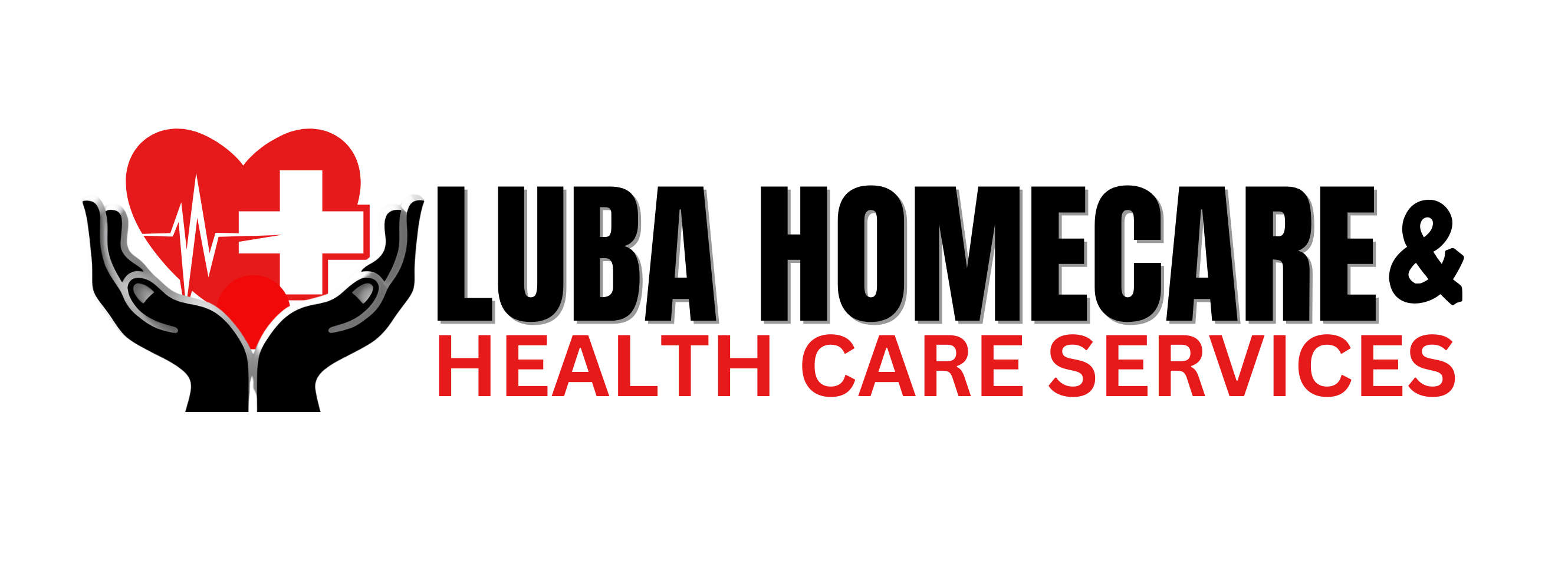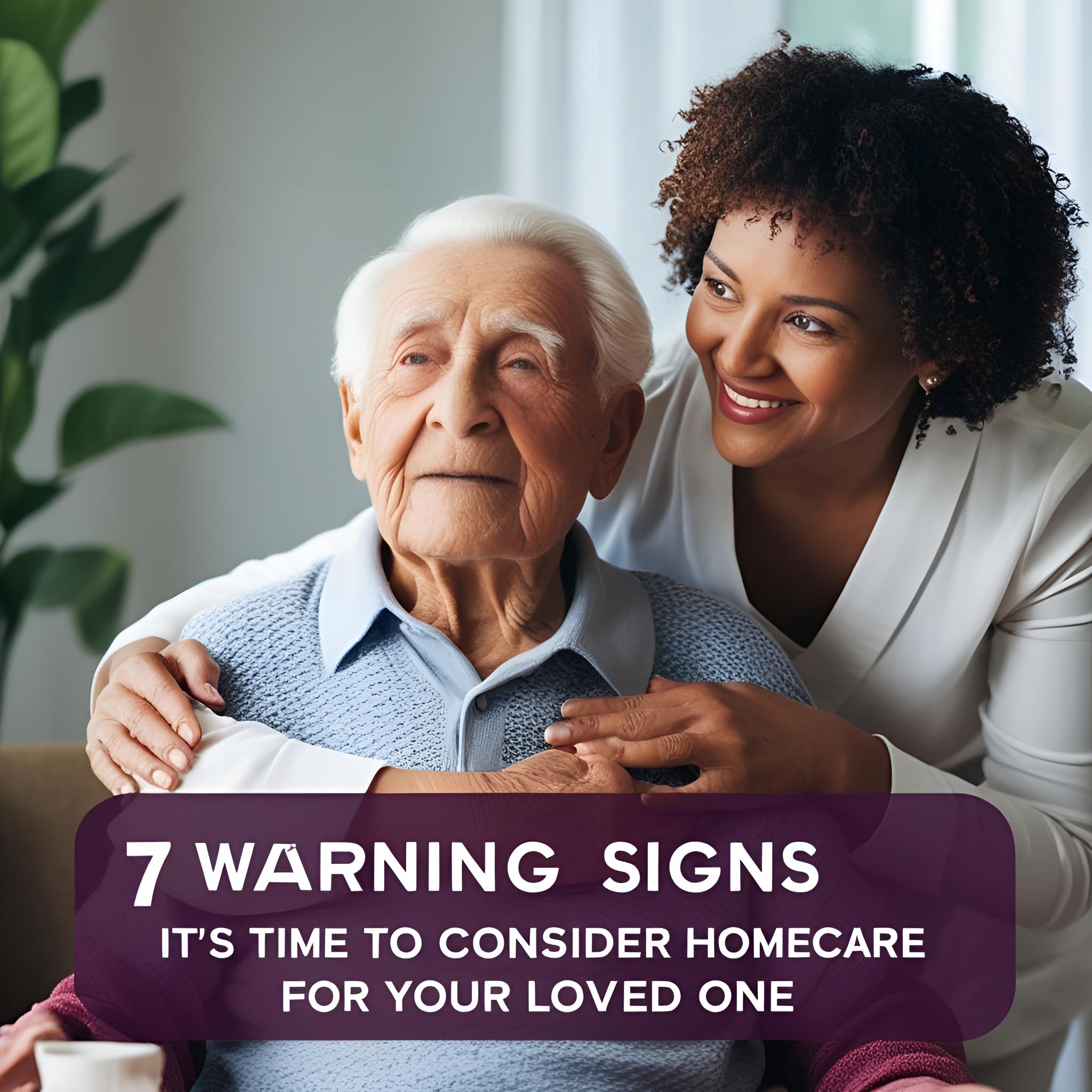It’s never easy to admit that a loved one might need help—but recognizing the signs early can make a world of difference in their quality of life. Whether it’s due to age, illness, or recovery after hospitalization, certain changes may signal the need for professional in-home support.
At Luba Homecare and Healthcare Services Inc., we’ve helped countless families navigate this transition with dignity and confidence. If you’re wondering whether it’s time to consider homecare, here are 7 red flags to look out for:
1. Decline in Personal Hygiene
Have you noticed your loved one wearing the same clothes repeatedly, neglecting to bathe, or showing signs of poor grooming? A decline in personal hygiene often indicates difficulty with daily tasks—and may point to physical limitations, memory loss, or even depression.
Homecare professionals assist with bathing, dressing, grooming, and other personal needs—respectfully and compassionately.
2. Poor Nutrition or Sudden Weight Loss
Look for signs of unopened food in the fridge, expired groceries, or empty pantries. Skipping meals can result from physical fatigue, memory issues, or difficulty cooking.
Homecare workers can help with meal planning, grocery shopping, and cooking, ensuring your loved one stays nourished and energized.
3. Missed Medications or Medical Appointments
Managing medications and attending doctor visits can be overwhelming—especially for seniors juggling multiple prescriptions or appointments.
A health aide or nurse can ensure medications are taken on time and help manage chronic conditions.
4. Unexplained Bruises or Falls
Falls are one of the leading causes of injury in older adults. If you’ve noticed bruises, instability while walking, or hesitancy to move around, it may be time to step in.
In-home caregivers assist with mobility, fall prevention, and physical safety, creating a more secure living environment.
5. Forgetfulness or Confusion
Frequent memory lapses, getting lost in familiar areas, or difficulty following conversations could signal early cognitive decline.
Homecare professionals are trained to support individuals with dementia or memory-related conditions, helping them stay safe and oriented.
6. Neglected Housekeeping
Stacks of dirty dishes, overflowing trash, or general disarray may indicate your loved one is struggling to maintain their living space.
Light housekeeping and home organization are part of our homecare services—ensuring a clean and healthy environment.
7. Withdrawal from Social Activities
If your loved one is isolating themselves, skipping family events, or showing signs of sadness, it could be a sign of emotional distress or declining mental health.
Companionship services provide emotional support, meaningful conversation, and friendly presence—reducing loneliness and promoting joy.
What to Do Next?
Acknowledging that your loved one needs help isn’t easy—but you don’t have to face it alone. At Luba Homecare and Healthcare Services Inc., we offer personalized care plans to support families through every stage of aging, illness, or recovery.
Our compassionate caregivers are here to lift the burden, offer peace of mind, and empower your loved one to thrive at home.
Ready to Talk?
Let’s start the conversation today.
Email us: info@lubahealth.com
Visit: www.lubahealth.com
Proudly serving Winnipeg, Manitoba, and surrounding areas.

